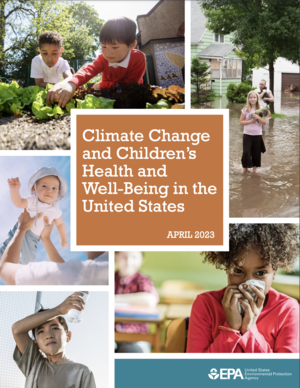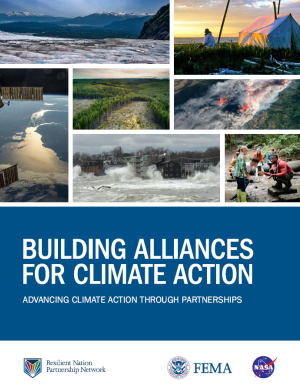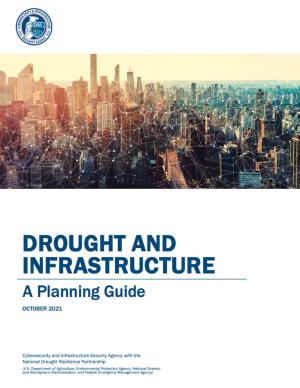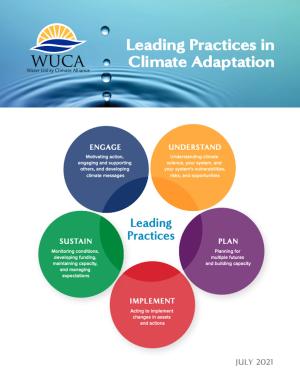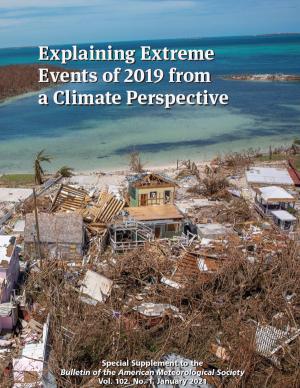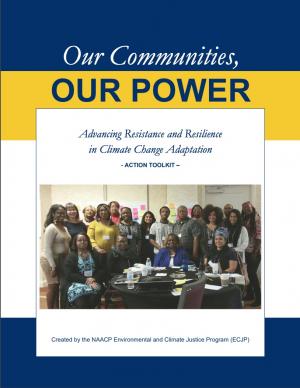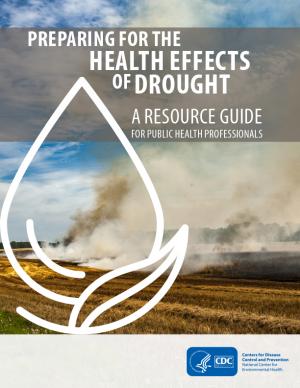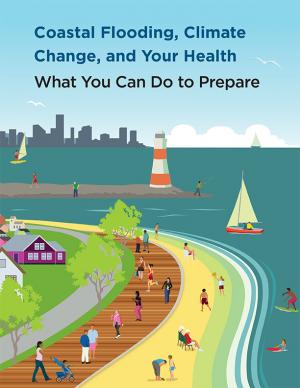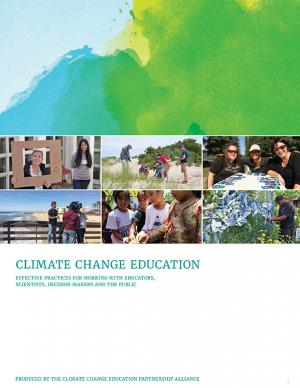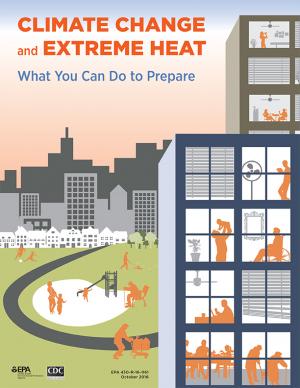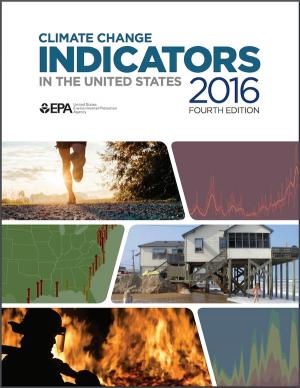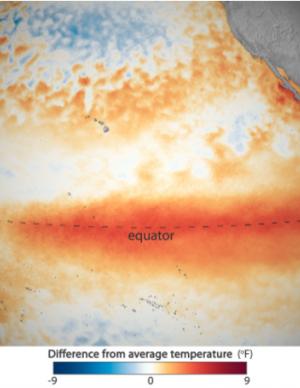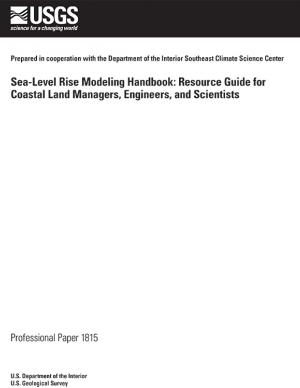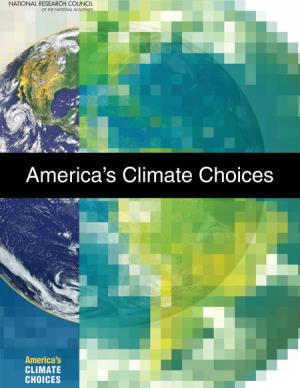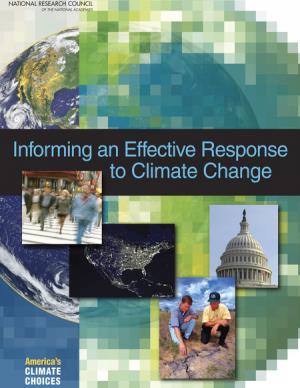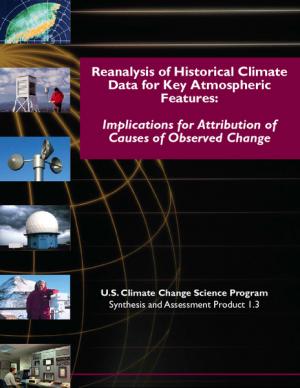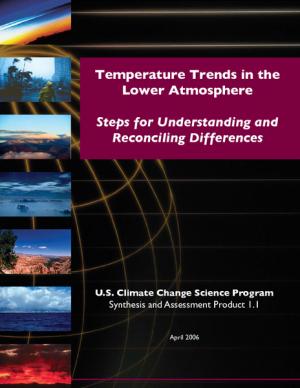Access a range of climate-related reports issued by government agencies and scientific organizations. Browse the reports listed below, or filter by scope, content, or focus in the boxes above. To expand your results, click the Clear Filters link.
Our climate is changing, and the health and well-being of children will continue to be affected in many ways. Children are uniquely vulnerable to climate change due to a variety of physical, cognitive, behavioral, and social factors. Climate change-related impacts in childhood can have lifelong consequences due to effects on learning, physical health, chronic disease, and other complications.
This national-scale, multi-sector report quantifies projected health effects associated with extreme heat, air quality, changing seasons, flooding, and infectious diseases. Where possible, the analyses consider the extent to which these risks disproportionately fall on children from overburdened populations.
To become climate resilient requires collective action. Our efforts must take a Whole-of-Government and Whole Community approach.
The Resilient Nation Partnership Network is working to address this through partnership. The result of our collective action is this Building Alliances for Climate Action resource. It is the work of many organizations and individuals, including federal representatives, faith leaders, community-based organizations, mayors and many more. At a time when many are searching for direction on how to address the climate crisis, this resource represents a unifying voice, helping guide the Whole Community forward
This Drought Guide, developed through the interagency National Drought Resilience Partnership, can be used to anticipate and prepare for the consequences of drought on infrastructure services. This resource directs users to the National Integrated Drought Information System (drought.gov) and other agencies’ information and decision tools.
This is the FY22 edition of the U.S. Gllobal Change Research Program's annual report to Congress mandated by the the Global Change Research Act. The report provides an overview of the Program’s progress in delivering on its strategic goals as well as a summary of agency expenditures under USGCRP’s budget crosscut.
This collection of leading practices in climate adaptation covers a suite of climate adaptation actions and is intended to broadly promote collaborative learning. Each practice in the collection is explained and supported by concrete examples. These practices are drawn from WUCA work products and WUCA members' experiences, and, when possible, connected to relevant resources and related efforts. Most of these practices are appropriate for water utilities of any size, as well as other sectors interested in climate adaptation.
The current practices and where they are placed within the five essential climate adaptation action areas:
- Engage
- Understand
- Plan
- Implement
- Sustain
It is important to note that these action areas and leading practices are not prioritized. Instead, the most useful practices depend on the individual organization's needs and priorities.
This series of BAMS special reports presents assessments of how human-caused climate change may have affected the strength and likelihood of individual extreme events. The series has been published annually since 2011.
The ninth edition of the report, Explaining Extreme Events in 2019 from a Climate Perspective, presents 15 new peer-reviewed analyses of extreme weather across four continents and one sea during 2019. It features the research of 77 scientists from 7 countries looking at both historical observations and model simulations to determine whether and by how much climate change may have influenced particular extreme events.
The world continues to emit greenhouse gases while the planet's climate is changing faster than ever. This report intends to take up the latest and most essential scientific findings published in an extraordinary year—the climate science year in review.
The Beloved Community is a vision for our future where all people share equally in the wealth and bounty of the earth, where we protect its abundance, diversity, and beauty for future generations. In this vision of liberation, racism, exploitation, and domination are replaced by democracy, cooperation, interdependence, and love. To get there, we pursue transformative, systems-change solutions. What do we mean by this? The root causes of the problems our communities face—like climate change, racism, and economic inequality—are all deeply connected. Since the problems are connected, so are the solutions. The purpose of this toolkit is to put us on the path toward achieving this vision. Through the context of building equity and resilience into climate adaptation planning, we introduce strategies to transform our communities and, by extension, society. Our ultimate goal is to create lasting and systemic change. At the same time, we recognize the urgency of the issues our communities face and the need to take action now. That is why we pursue change at every scale—from policy changes to community-based projects—to institute the transformative change we need to uphold our vision of the beloved community.
This guide contains five modules that provide best practices on conducting vulnerability assessments, collaboration among stakeholders, communicating drought preparedness and response strategies, and where to find (and how to use) data on drought. The guide also includes a list of valuable resources for public health professionals. The authors of the guide also developed and included two attractive, user-friendly handouts that can be easily customized and reproduced for community outreach.
Coastal flooding in the United States is already occurring and the risk of flooding is expected to grow in most coastal regions, in part due to climate change. The Centers for Disease Control and Prevention developed this booklet, aimed at the general public, that identifies steps people can take to prepare for the health risks associated with coastal flooding. The booklet answers some of the key questions about coastal flooding in a changing climate: why these events are on the rise; how it might affect health; and what people can do before, during, and after a coastal flooding event to stay safe. Scientific information used in the document is derived from peer-reviewed synthesis and assessment products, including those published by the U.S. Global Change Research Program and the Intergovernmental Panel on Climate Change, as well as other peer-reviewed sources and federal agency resources.
This guide provides recommendations for effective education and communication practices when working with different types of audiences. While effective education has been traditionally defined as the acquisition of knowledge, Climate Change Education Partnership (CCEP) Alliance programs maintain a broader definition of “effective” to include the acquisition and use of climate-change knowledge to inform decision making. The CCEP Alliance is supported by the National Science Foundation to advance exemplary climate change education through research and practice.
Climate change affects human health by making extreme heat more common, more severe, and last longer. That is expected to continue into the future. This handbook explains the connection between climate change and extreme heat events, and outlines actions citizens can take to protect their health during extreme heat. This resource builds on the 2006 Excessive Heat Events Guidebook from the Environmental Protection Agency (EPA), and includes up-to-date climate information from recent climate assessment reports, such as the 2014 Third National Climate Assessment, the 2016 Impacts of Climate Change on Human Health in the United States, and EPA’s 2016 Climate Change Indicators in the United States.
This report features observed trend data on 37 climate indicators, including U.S and global temperatures, ocean acidity, sea level, river flooding, droughts, and wildfires. It documents rising temperatures, shifting patterns of snow and rainfall, and increasing numbers of extreme climate events, such as heavy rainstorms and record high temperatures. Many of these observed changes are linked to the rising levels of carbon dioxide and other greenhouse gases in our atmosphere, caused by human activities.
Climate.gov's El Niño-Southern Oscillation—or ENSO—page provides information on the current status of El Niño and La Niña, plus links to forecasts, maps, and videos from across NOAA that help explain the impacts of the ENSO on the U.S.
This handbook (USGS Professional Paper 1815) was designed as a guide to the science and simulation models for understanding the dynamics and impacts of sea level rise on coastal ecosystems. Coastal land managers, engineers, and scientists can benefit from this synthesis of tools and models that have been developed for projecting causes and consequences of sea level change on the landscape and seascape.
A 24-year tradition encompassing the work of 425 authors from 57 countries, 2013's State of the Climate report uses dozens of climate indicators to track patterns, changes, and trends of the global climate system.
This report, the final in a series from the National Academies, makes the case that the environmental, economic, and humanitarian risks posed by climate change indicate a pressing need for substantial action to limit the magnitude of climate change and to prepare for adapting to its impacts. The report advocates for an iterative risk management approach to climate change and using strong federal climate policies to support and enhance existing local, state, and private-sector efforts.
A strong, credible body of scientific evidence shows that “climate change is occurring, is caused largely by human activities, and poses significant risks for a broad range of human and natural systems,” concludes this America’s Climate Choices report from the National Research Council. The report recommends that a single federal entity be given the authority and resources to coordinate a national research effort integrated across many disciplines to improve understanding and responses to climate change.
This publication is intended to assist public health officials, practitioners, and other stakeholders in their efforts first to understand and then to prepare for drought in their communities. It provides information about how drought affects public health, recommends steps to help mitigate the health effects of drought, identifies future needs for research and other drought-related activities, and provides a list of helpful resources and tools.
This volume in the National Research Council's America's Climate Choices series describes and assesses different activities, products, strategies, and tools for informing decision makers about climate change, including education and communication, and information systems and services for helping them plan and execute effective, integrated responses. Information and reporting systems discussed include climate services and a greenhouse-gas accounting system.
This reanalysis combines a diverse array of past observations together within a model to derive a best estimate of how the climate system has evolved over time. The goal is to provide consistent and reliable long-term datasets of temperatures, precipitation, winds, and many other climate variables. The report is a Synthesis and Assessment Product developed as part of the U.S. Climate Change Science Program.
This report, a Synthesis and Assessment Product from the U.S. Climate Change Science Program, addresses previously identified discrepancies between observations and simulations of surface and atmospheric temperature trends. It is an important revision to the conclusions of earlier reports from the U.S. National Research Council and the IPCC.

